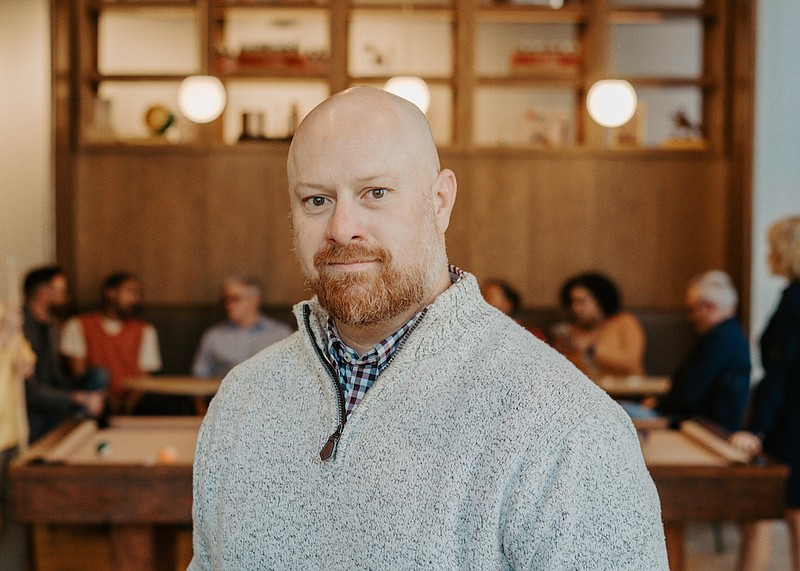A counselor can be a great resource to help your teen manage any number of issues they may be dealing with. But the process doesn't have to be overwhelming.
Think about this: Finding a counselor is a lot like interviewing folks to fill a job position. When hiring someone, you want to find the right fit.
It's the same with choosing a counselor for your teen. You wouldn't want to hire the first person to walk into a job interview. It's the same with choosing a counselor; it's smart to "shop around" and find the best fit for your teen.
But how do you go about doing that? Here are some helpful tips for finding a counselor for your teen:
* Do a search.
Finding a counselor in your area can be as easy as an internet search. But be sure to look at reviews. Check over their website, and ask around about counselors you may be interested in.
Don't underestimate the power of a good recommendation. Ask people you know who have used counselors. Therapists often specialize in both adults and adolescents, so don't discount those who adult friends have seen.
* Pay attention to the credentials.
You wouldn't want to hire a person without the right qualifications, and it's the same with choosing a counselor. Here's a simple breakdown of what counselor credentials look like:
Counselors are either licensed or unlicensed by the state where they practice. Licensed counselors have initials after their name like LPC, LPCC, LCPC or LMHC, which designate them as a licensed professional counselor, licensed professional clinical counselor, licensed clinical professional counselor or licensed mental health counselor. They hold a master's degree or higher, have completed a certain number of supervised training hours and have passed a licensure exam. Ideally, you should seek out a licensed counselor.
Some unlicensed counselors are working toward either their advanced counseling degree or licensure. They usually offer cheaper rates and must disclose the status of their services. Because they work under the direct supervision of experienced therapists, these counselors also can be very helpful.
Some counselors are psychiatrists, which means they hold a medical doctorate, can diagnose mental illnesses and can prescribe medication.
Some people advertise themselves as counselors but are not licensed. These professionals may or may not hold advanced degrees in areas of counseling or psychology. When seeking the services of unlicensed counselors, it's wise to use caution.
* Ask a potential counselor questions before the first session.
Consider questions such as:
- Do you specialize in child and adolescent therapy?
- How long have you been in practice? Are you licensed by the state? Is your license current?
- What issues do you specialize in? (Counselors will typically have a number of specialties, such as depression, LGBQT+ issues or addiction, that may pertain to your teen's situation. These are usually spelled out on their website if they have one. Be sure to ask if you don't see an issue that pertains to your teen.)
- What kind of approach do you use with your teen clients? (Most counselors have theoretic approaches they use, but don't let the psycho-babble throw you off. Get a sense of how the counselor relates to their clients in a way that's understandable to you.)
* Consider the financial aspect.
Check to see whether a counselor accepts insurance and, if so, if they are in your insurance network. Some counselors base client fees on household incomes (called a sliding scale). Fee payment schedules can also vary from counselor to counselor; some require payment due at the time of each session, while others allow a certain number of sessions to go by. Be sure to ask about how the counselor handles their client fees.
* Ask what to expect with confidentiality.
If a counselor chooses to conduct sessions privately with your teen, ask how they handle confidentiality. Don't assume the counselor will share everything your teen says in the counseling room. Counselors work under the state laws and codes of ethics that direct them as to how to handle client confidentiality. Ask the counselor about this before the first session so you will know what to expect.
As a parent, your teen's mental health is a top priority. And you want their counselor to be effective. Good counselors are out there; it takes a little digging to figure out who can best be helpful. If after a few sessions you feel there's no connection between the counselor and your teen, keep looking for a counselor who will be a better fit. It's worth it!
Chris Ownby is a content creator and facilitator at family advocacy nonprofit First Things First. Email him at chriso@firstthings.org.
